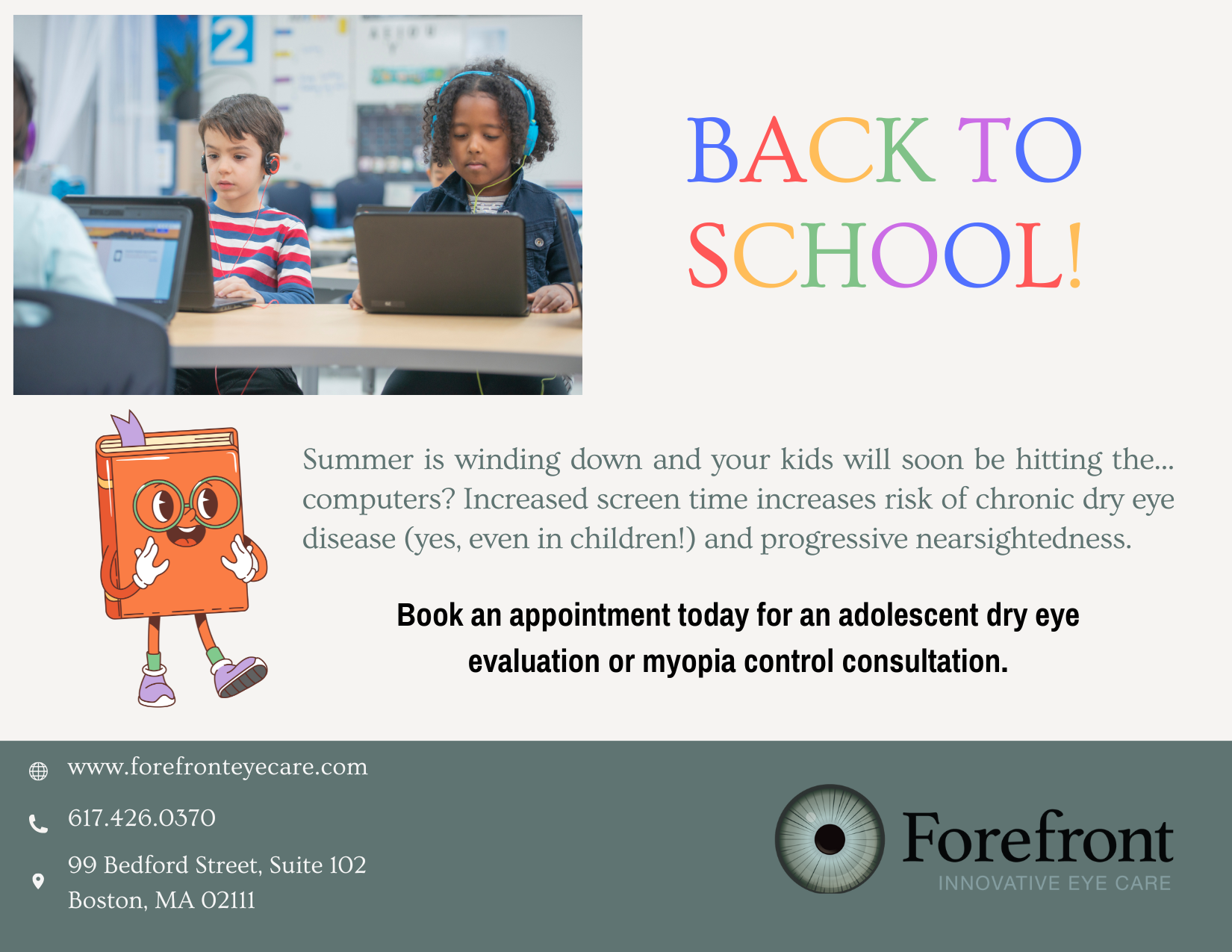
Dry eye is a common condition that affects millions of people worldwide. It occurs when your eyes do not produce enough tears or when the tears evaporate too quickly. This can lead to discomfort, irritation, and even vision problems. The causes of dry eye can vary, ranging from environmental factors like air pollution and low humidity to underlying medical conditions like autoimmune disorders, hormonal changes, and certain medications.
Understanding Dry Eye
Two of the most common causes of dry eye are meibomian gland dysfunction (MGD) and blepharitis. Meibomian glands are responsible for producing the oil component of your tears, which helps to prevent evaporation. When these glands become blocked or dysfunctional, it can lead to reduced tear production and increased evaporation, resulting in dry eye.
Blepharitis is an inflammation of the eyelids, often caused by bacterial or fungal infections, or by a buildup of oil and debris along the eyelid margins. This can also contribute to dry eye by disrupting the tear film and causing irritation.
Some of the most common symptoms of dry eye include:
- Burning, stinging, or itching sensation in the eyes
- Redness or irritation
- Sensitivity to light or wind
- Blurred vision or eye fatigue
- Feeling like there is something in your eye
- Excessive tearing or watery eyes
If you experience any of these symptoms, it's important to understand that dry eye is a chronic condition that requires proper management and treatment.
Risks of Untreated Dry Eye
Dry eye is not just a minor inconvenience – it can lead to a variety of complications if left untreated. Some of the potential risks and complications of untreated dry eye include:
- Corneal Damage: The cornea, the clear front part of the eye, can become damaged or scarred if it is not properly lubricated. This can lead to vision problems, including blurred vision, light sensitivity, and even vision loss.
- Eye Infections: Dry eyes are more susceptible to bacterial and fungal infections, which can be serious and require medical treatment. Infections can lead to further inflammation, discomfort, and even permanent damage to the eye.
- Dry Spots on the Cornea: Persistent dry eye can cause dry spots, or areas of the cornea that are not properly lubricated. These dry spots can be painful and increase the risk of corneal ulcers or other complications.
- Decreased Quality of Life: Chronic dry eye can significantly impact your daily life, making it difficult to perform everyday tasks, such as reading, using a computer, or driving. The discomfort and irritation associated with dry eye can also lead to decreased productivity, social withdrawal, and overall reduced quality of life.
It's important to take dry eye seriously and seek professional help to address the underlying causes and prevent these potential complications.
The Importance of a Dry Eye Evaluation
Proper evaluation and diagnosis of dry eye are crucial for effective treatment. Your eye doctor will perform a comprehensive examination, which may include:
- Measuring tear production and quality
- Evaluating the health and function of your eyelids and meibomian glands
- Assessing the health of your cornea and conjunctiva (the clear, moist membrane that covers the white part of your eye)
- Reviewing your medical history and any medications you may be taking
By identifying the underlying cause of your dry eye, your optometrist can develop a personalized treatment plan to address the specific needs of your eyes. This may involve a combination of treatments, such as:
- Topical eye drops or ointments to lubricate and reduce inflammation
- Prescription medications to improve tear production or reduce inflammation
- In-office procedures to unblock meibomian glands or improve tear film quality
- Lifestyle modifications, such as adjusting your environment, using a humidifier, or taking breaks from digital screens
Addressing the root cause of your dry eye is essential for managing the condition and preventing potential complications. Your optometrist will work closely with you to monitor your progress and make adjustments to your treatment plan as needed. Consistent adherence to the recommended treatment is crucial for managing dry eye and preventing complications.
Schedule Your Dry Eye Evaluation with Forefront Eye Care Today
Dry eye is a complex and chronic condition that requires diligent management and care. By understanding the causes and symptoms of dry eye, and taking proactive steps to address the underlying issues, you can prevent the development of serious complications and maintain healthy, comfortable eyes.










